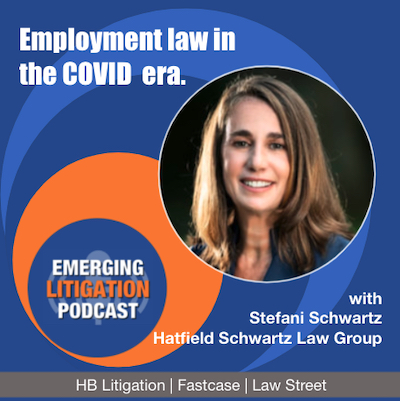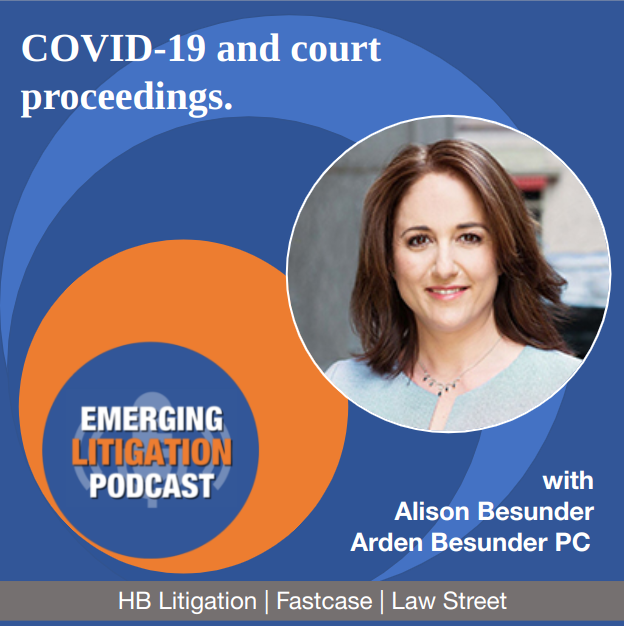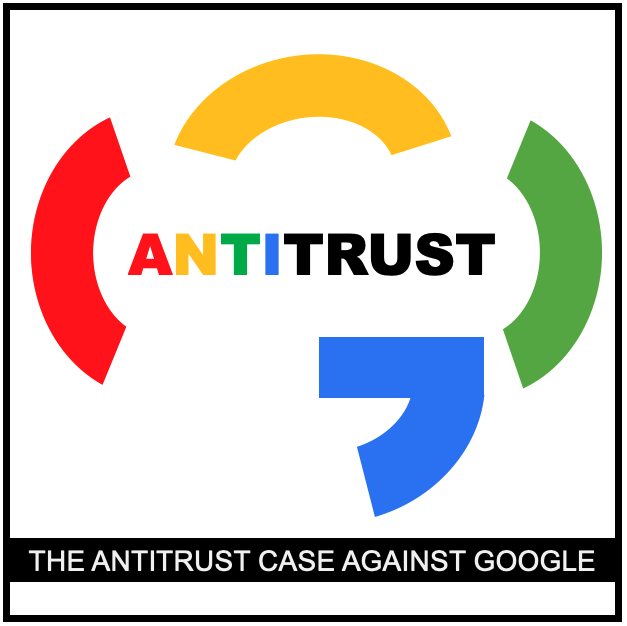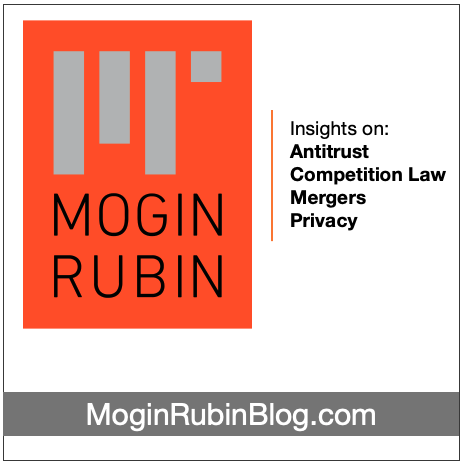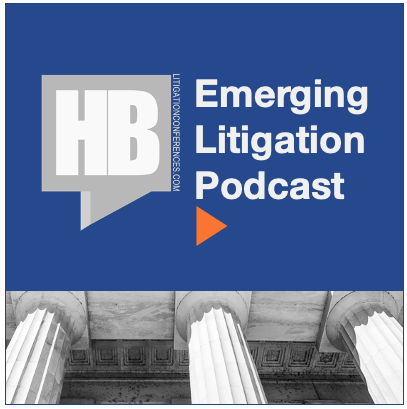EMERGING ISSUES IN LAW
News | Insights | Webinars
Couple Pleads Guilty to $1.1 Million COVID-Relief Fraud After Falsely Claiming to Be Farmers
Couple Pleads Guilty to $1.1 Million COVID-Relief Fraud After Falsely Claiming to Be Farmers News From the U.S. Department of Justice A Florida couple pleaded guilty for their participation in a scheme to file four fraudulent loan applications seeking more than $1.1 million in forgivable Paycheck Protection Program (PPP) and Economic Injury Disaster Loans (EIDL) loans guaranteed by the Small Business Administration (SBA) under the Coronavirus Aid, Relief, and Economic Security (CARES) Act. On Aug. 26, 2020, Latoya Stanley, 38, and Johnny Philus, 33, both of Miami, were originally charged via a complaint filed in the Southern District of Florida. In Stanley’s PPP application, she claimed to employ 18 individuals from her company, Dream Gurl Beauty Supply LLC. Philus, meanwhile, stated that he employed 29 individuals at his company, Elegance Auto Boutique LLC. In actuality, Stanley and Philus did not employ anyone at their respective companies. In her EIDL application, Stanley claimed to generate over $800,000 in income and to employ five individuals from a farm based in the yard of her Miami home. In his EIDL application, Philus claimed to generate $400,000 in income and to employ 10 individuals from a farm located in the yard of a small residential home. In actuality, Stanley and Philus employed no one and the farms did not exist. Stanley [...]


